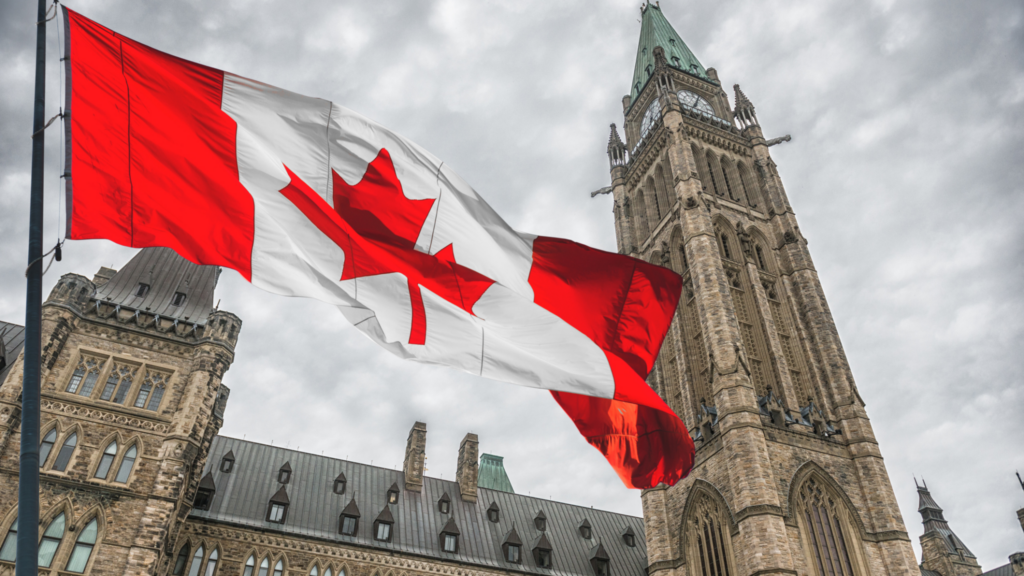
A new report says Canada’s health-care system has fallen behind international peers in access to care, equity and wait times, outperforming only the United States.
The not-for-profit think tank C.D. Howe Institute says Canada ranks ninth out of 10 countries evaluated, including the Netherlands and United Kingdom, who were top performers. The report also says improving Canada’s health-care outcomes hinges on enhancing access to care, expanding drug and dental access and improving the affordability of mental health and homecare.
Accessing care is a challenge
The comparative analysis shows Canada’s quality of care is relatively high, but accessing that care is a challenge.
The report is based on data collected from the Commonwealth Fund international surveys of patients, physicians and the general public, in addition to statistics from the World Health Organization, the Organisation for Economic Co-operation and Development and the Canadian Institute for Health Information.
How different provinces compared
All provinces and territories performed poorly, but Newfoundland and Labrador and Nunavut had the weakest results while Prince Edward Island, Quebec and Ontario performed the best.
Canada ranked the worst among its peers in timeliness, with the report citing surveys that show 47 per cent of respondents waiting two months or longer for an appointment with a specialist, and 59 per cent waiting the same duration for an elective surgery.
Previous analysis in 2018
The institute conducted a similar analysis in 2018, which also found Canada’s health-care system ranked low, only ahead of the U.S., and France in some cases.
In equity Canada ranked seventh in the latest findings. Approximately one-quarter of Canadians with low or average incomes reported at least one cost-related barrier to accessing health care in the past year – double the rate of higher-income earners.
Affordability stood as a significant barrier to health care in most Atlantic provinces, Alberta, British Columbia and Yukon where many adults reported forgoing medications, and mental health services or homecare due to cost concerns.
In measures of health outcomes Canada fell slightly below average with the second-highest infant mortality rate, and second-highest 30-day-in-hospital mortality rate following a stroke.


